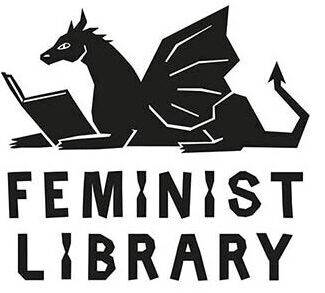Review: Half of the Human Race, by Anthony Quinn (Jonathan Cape, 2011).
Half of the Human Race, by Anthony Quinn (Jonathan Cape, 2011).
The period of militant suffragism prior to World War I forms the main backdrop for Anthony Quinn’s novel, which also takes us through the war and after, when votes for women over the age of 30 had been won. The novel is written from the perspectives of suffragette Connie Callaway and her suitor Will Maitland, a professional cricketer who grudgingly tolerates her political leanings. Connie is made to question the extent of her commitment to her activism throughout, giving us a personal prism through which to interpret the history of the suffragettes. At first eschewing militancy, she develops a belief that it may be necessary, and moves from participating in fairly quiescent marches to smashing windows. She subsequently experiences being force fed whilst on hunger strike in prison, causing consternation among her middle-class family.
In places, the space for political engagement is precluded, and the tragic and transformative consequences for the English upper classes of social change during this period – a favoured topic of writers such as Isabel Colegate and Evelyn Waugh – fail to fully play out. Connie’s tensions culminate when she is asked to disrupt a testimonial dinner for Tam, a cricketing partner of Will’s who has also befriended her, which she feels may be an act of radicalism too far, for personal and strategic reasons. Quinn denies us a decision, however, as outside events intervene, and the activity of the suffragettes is curtailed by war. Will comes to question his dismissiveness towards women, and this cause in particular, but his views are never fully transparent, particularly in the latter stages when they matter most.
While the novel forms an interesting and largely accurate account of suffragette history, this aspect becomes somewhat suppressed in the second half, where the focus shifts to Will’s time at war, Connie’s work as a nurse, and the possibility of continuing their relationship. However, the romantic aspect of the story does not entirely detract from its prior concerns: Connie is deeply conscious of the overlap between the personal and political. She is reluctant to cede to Will’s advances largely for fear of their impact on her working life and intellectual ambitions, at times making this explicit to him: ‘This isn’t just about being denied a vote.’
She and her friend Lily find it problematic that female suffrage is partly achieved as a post-war concession to this ‘half of the human race’ – which entered paid employment in large numbers, – rather than through winning the argument, too. Thus, Quinn does not fetishise attaining the franchise as the pinnacle of women’s emancipation, even if one is left unsure if he thinks such extra-political constraints are confined to the past, as many historical novels concerning gender or class oppression are prone to insinuate, or represent contemporary concerns.
While certain characters appear ridiculous at times – the pro-suffragists too noble, the antis- too blatantly stupid – they rarely, apart from some walk-on parts, become mere caricatures or mouthpieces for ideas; a broad humanism suffuses Quinn’s treatment of the characters and their various struggles. Tam, who experiences depression in spite of his sporting success, and Brigstock, a bohemian painter and womaniser whom Connie seems to enjoy the company of mainly for his ability to confront her assumptions, further reflect the diversity teeming beneath an apparently simple social order. In spite of these sympathetic portraits, however, there is an inconclusiveness to the dénouement and certain other strands touched upon, which are problematic both from a literary and feminist standpoint.
Reviewed by Euan MacArthur
